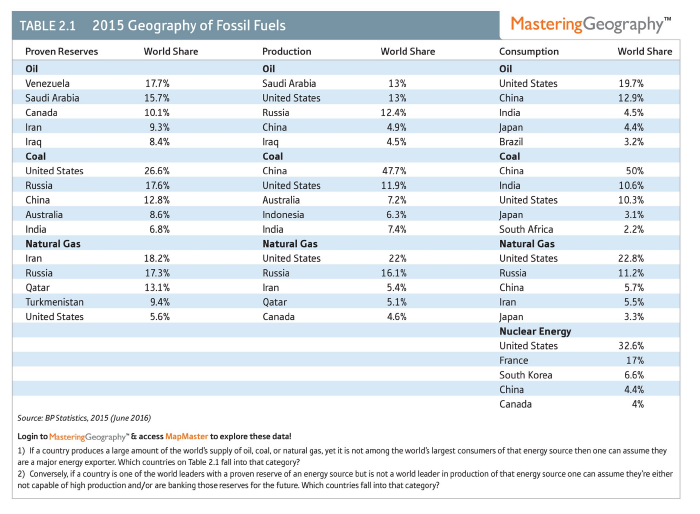Discuss the impacts of human-made pollution on ocean ecosystems
What will be an ideal response?
Oceans have long been a sink for human wastes. Even into the mid-20th century, it was common for coastal cities in the United States to dump trash and pump untreated sewage onto mudflats and into embayments. Coastal dumping practices have left a toxic legacy around the United States, but marine pollution continues today including oil, plastic, industrial chemicals, sewage sludge, excess nutrients, and abandoned fishing gear: Pollutants such as crude oil are also a problem. The majority of oil pollution in the oceans comes not only from catastrophic large spills, such as the Exxon Valdez and BP's Deepwater Horizon blowout of 2010, but from cumulative small sources, including leakage from small boats and runoff from human activities on land. In addition, the amount of petroleum spilled into the oceans each year is equaled by the amount that seeps into the water from naturally occurring seafloor deposits. Pollution from petroleum products is extremely detrimental to the marine environment and the human economies that draw sustenance from that environment. The extent of this damage is only now being appreciated in the case of the Deepwater Horizon event in the Gulf of Mexico. Petroleum can physically coat and kill intertidal and free-swimming marine organisms, and ingested chemical components in petroleum can poison marine life. Plastic bags and bottles, fishing nets, gloves, fishing line, buckets, floats, abandoned cargo, and nearly everything else that humans transport on the sea or dispose into it can present problems for marine organisms and for people who depend upon the sea. Because most plastic is not biodegradable, it can drift for decades before washing up on beaches. Some marine animals, including seabirds, fish, and endangered sea turtles, can mistake floating plastic debris for food (such as mistaking clear plastic for jellyfish), and many die as a result. Artificial pollution from fertilizer runoff or other nutrient inputs can also have dire effects on marine ecosystems, as we saw with the Gulf of Mexico's dead zone. The release of excess nutrients into surface waters can spur unusually high growth rates and population densities of phytoplankton, causing eutrophication in both freshwater and saltwater ecosystems, particularly highly productive coral reefs and coastal shallows.
You might also like to view...
The United States currently consumes roughly what percent of the world's oil?

A) 20%
B) 25%
C) 5%
D) 10%
E) 50%
What does the term globalization refer to?
A. the increasing interconnection of people in all parts of the world B. the gradual population of the earth by humans C. the spread of geographic literacy D. the period of European expansion from the 15th to 19th centuries
The distinctive layering found in marine sediments indicates that the properties of the sediment and the rates of sedimentation have varied with time.
Answer the following statement true (T) or false (F)
What is atmospheric stagnation and when might it occur?
What will be the ideal response?